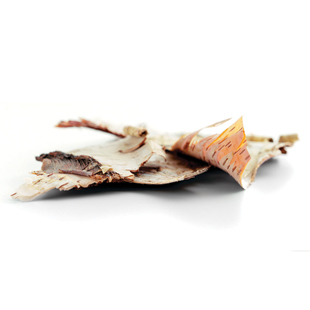Microcrystalline cellulose functions
-

Microcrystalline cellulose functions
.
Microcrystalline cellulose (MCC) has emerged as the most resourceful excipient of all times in drug research. Thanks to its profusion in terms of grades available for different needs and…
